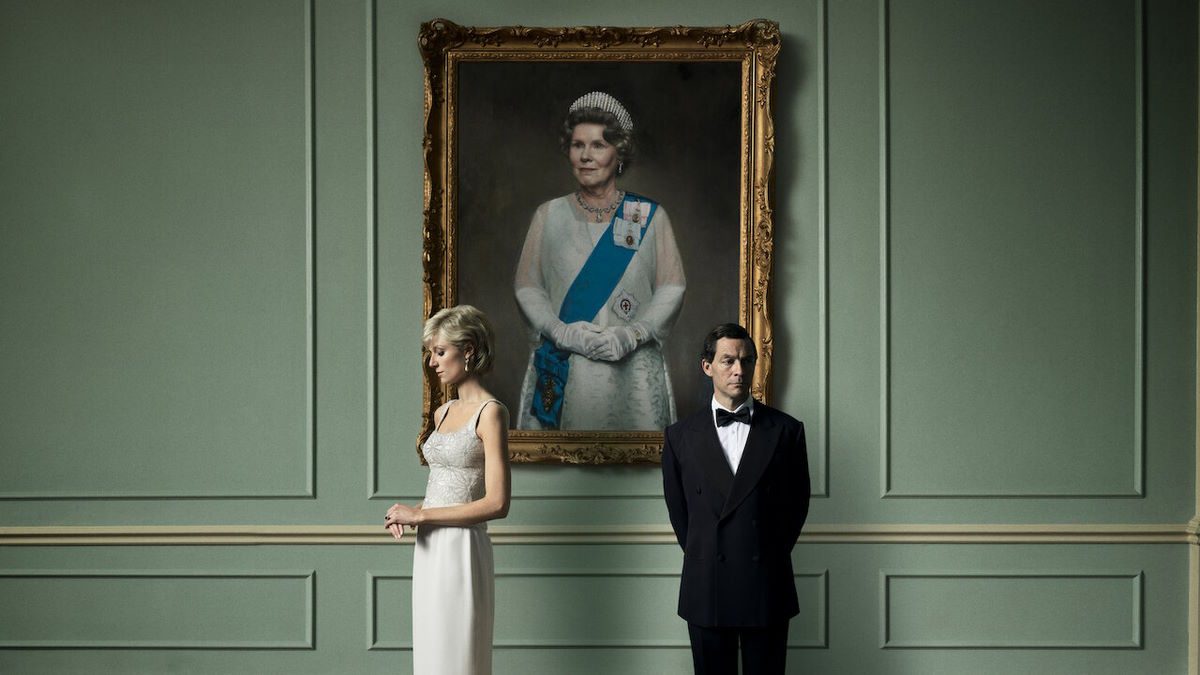The Crown has taken the world by storm with its masterful storytelling, stunning visuals, and exceptional performances. This historical drama series explores the reign of Queen Elizabeth II, beginning with her ascension to the throne in 1952 and continuing through the decades that followed. However, The Crown is more than just a historical retelling of events. It’s a nuanced portrayal of the personal and political growth of the royal family, and the challenges they faced in a rapidly changing world.
In this article, we’ll delve deeper into The Crown and explore the personal and political growth of the royal family as depicted in the series. We’ll also discuss the historical context of the show, its critical reception, and why it’s a must-watch for fans of historical drama.
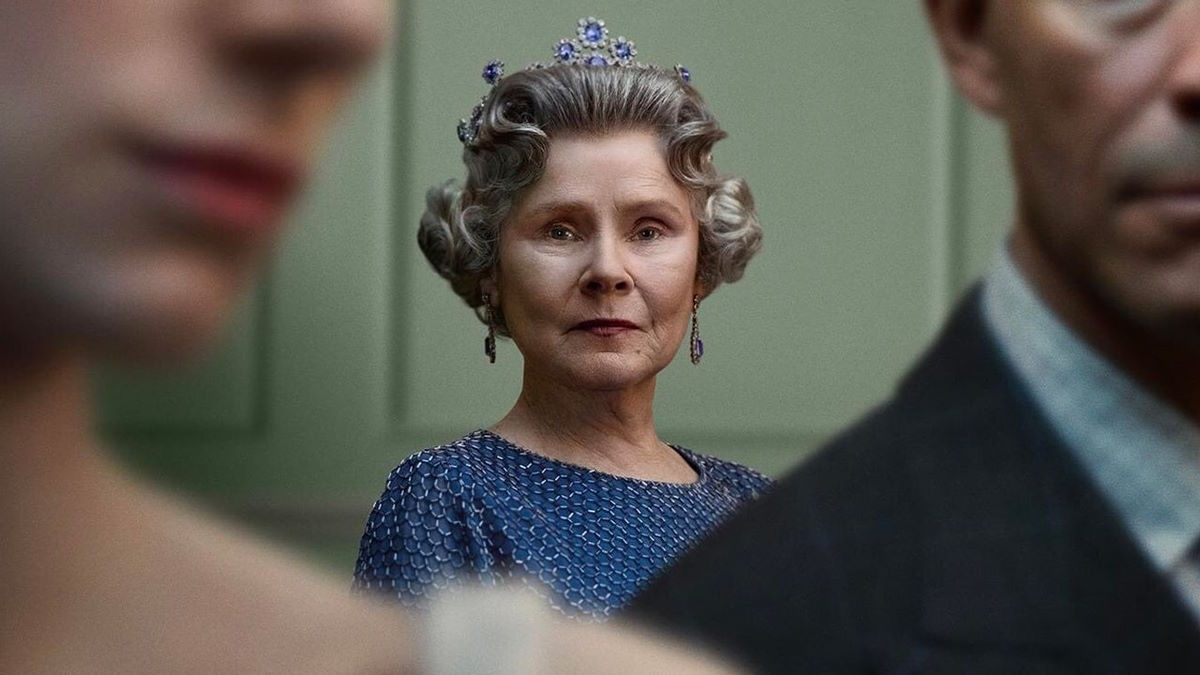
The Historical Context of The Crown
The Crown is set in a time of great change in British history. The series begins with the death of King George VI in 1952 and Queen Elizabeth II’s subsequent ascension to the throne. It follows her reign through the 1950s, 60s, 70s, and 80s, as the world around her undergoes significant social, cultural, and political transformations.
The show depicts many significant events of the time, such as the Suez Crisis, the election of Margaret Thatcher, and the rise of the feminist movement. It also explores the personal lives of the royal family, delving into the complex relationships between Queen Elizabeth II, Prince Philip, and Princess Margaret, as well as the challenges they faced as public figures.
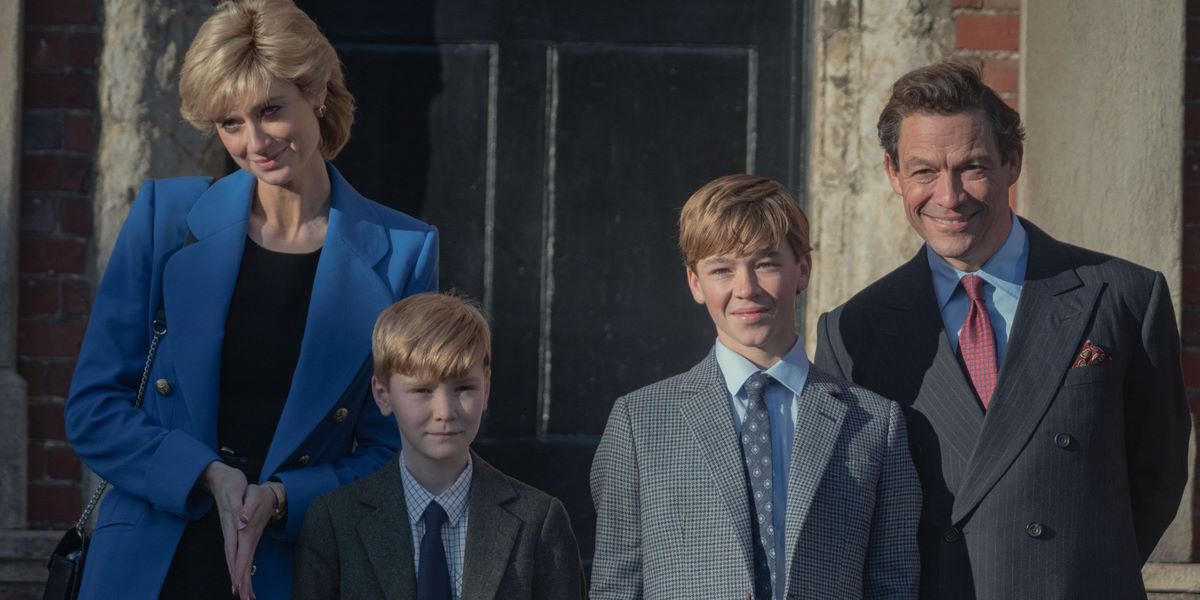
Personal Growth of the Royal Family
Throughout the series, we see Queen Elizabeth II grow from a young woman thrust into an impossible position to a confident and capable leader. We witness her struggles to balance her public and private lives, as well as her evolving relationship with her husband and children.
Prince Philip, on the other hand, grapples with his role as the consort to the queen. He struggles with his own feelings of inadequacy and the pressure to conform to the rigid expectations of his position. However, as the series progresses, we see him come into his own and become a valuable advisor to his wife.
Princess Margaret is perhaps the most tragic figure in the series. We see her struggle with the constraints of royal life and her desire for independence and personal fulfillment. Her relationships with Peter Townsend and Antony Armstrong-Jones provide a glimpse into the complexities of love and duty in the royal family.
Overall, The Crown does an excellent job of humanizing the royal family and showing them as flawed, complex individuals. It explores their struggles with identity, relationships, and personal growth, all while depicting them as figures of great historical significance.
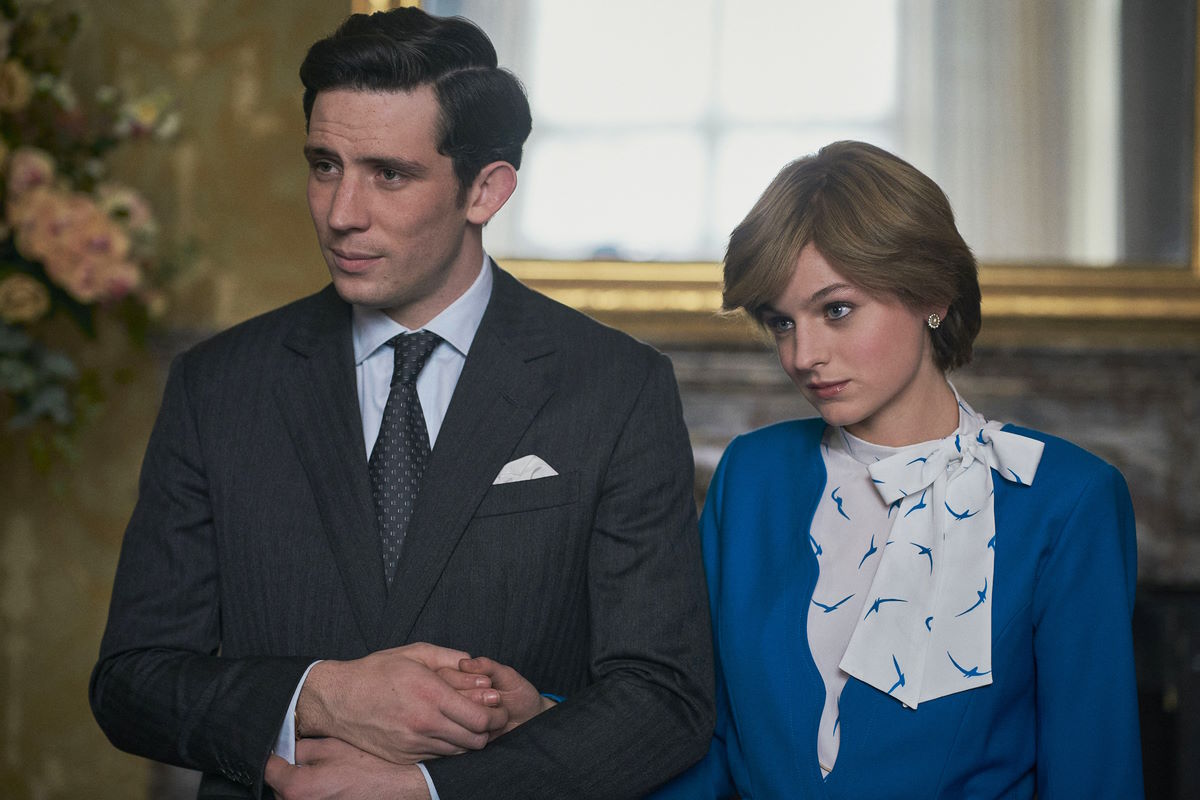
Political Growth of the Royal Family
The Crown also explores the political growth of the royal family, and their role in shaping the political landscape of Britain. The series shows how the monarchy navigated the changing political landscape of the 20th century, from the Suez Crisis to the election of Margaret Thatcher.
The Suez Crisis, in particular, is a pivotal moment in the series. It depicts the conflict between the British government and the monarchy over the handling of the crisis, and shows how the monarchy ultimately prevailed.
The series also explores the tension between the monarchy and the government, as the two institutions grapple for power and influence. This tension is exemplified in the relationship between Queen Elizabeth II and Prime Minister Harold Wilson, who is depicted as both an ally and a rival to the queen. The show also depicts the royal family’s struggles with the changing cultural and social landscape of Britain, including the rise of the feminist movement and the challenges of modernizing the monarchy.
Reception of The Crown
The Crown has been widely praised for its exceptional storytelling, stunning cinematography, and outstanding performances. The show has received numerous accolades, including multiple Primetime Emmy Awards, Golden Globe Awards, and Screen Actors Guild Awards.
Critics have lauded the series for its nuanced portrayal of the royal family and its exploration of complex themes such as duty, identity, and power. The show has also been commended for its attention to historical detail and its ability to bring to life the events and personalities of the time.
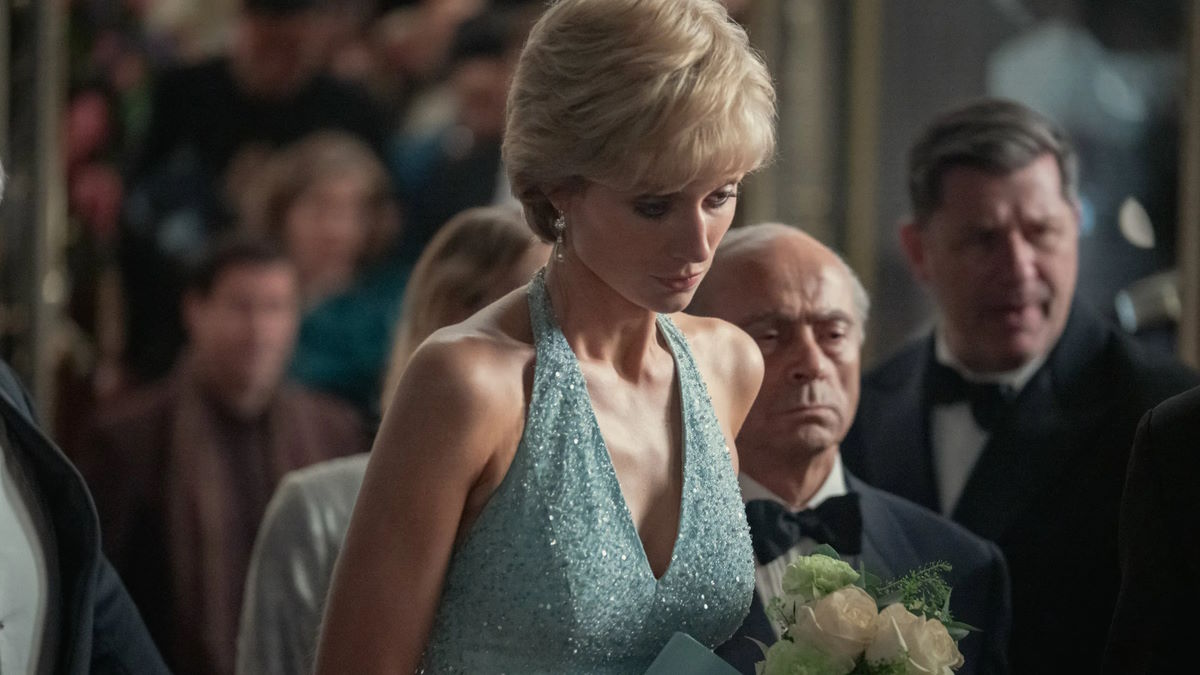
Why The Crown is a Must-Watch
The Crown is a must-watch for fans of historical drama and anyone interested in the personal and political lives of the royal family. The show provides a rare glimpse into the private lives of the monarch and her family, and explores the complexities of their relationships and struggles.
In addition, The Crown offers a nuanced and insightful portrayal of historical events and personalities, providing a deeper understanding of the political and cultural landscape of Britain in the 20th century. The series also raises important questions about the role of monarchy in modern society and the challenges of balancing tradition and progress.
The Crown is just one example of the many incredible movies and TV shows out there waiting to be discovered. As fans of entertainment, it’s important that we continue to explore the vast world of cinema and television, seeking out new and diverse stories that challenge and inspire us.

